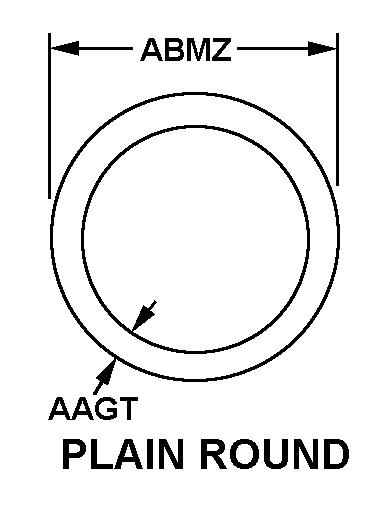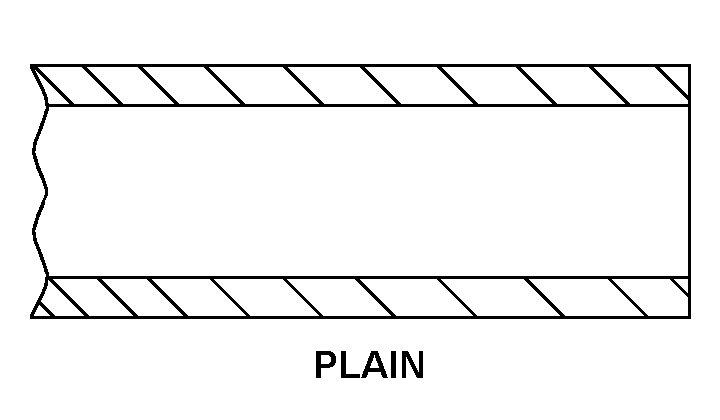4710012141339
Price Quote Get an up to date pricing and availability quote for this product. Order online or over the phone.
Quality Commitment
Serving our customers with quality and safety first.
- AS9120 Certified
- Audited supply chain
- ITAR Registered
- DDTC Registered
- HAZMAT Certified
- Customer service objectives
- Every product 100% inspected

4710-01-214-1339 Specification Set by the OEM (see RNCC code 3)
plain round
0.020in.
plain
0.250in.
identical
seamless
24.000in. random
matl stainless steel uns S21900 ams 5561
steel corrosion resisting
Cross Reference Parts Part numbers that meet the specification outlined on this page and set by the OEM
Identification Item Identification Guide (IIG) and Item Name Code (INC)


Definition Definition of approved item name (AIN): "TUBE,METALLIC"
A straight, hollow product, welded or seamless, of round, square, or any other cross section and continuous periphery, which does not conform in cross sectional dimensions to recognized pipe standards, or those in tables 1 through 10, appendix c, fiig a004a. It is designed to convey fluids, gasses, and/or semisolids. It may be rolled into coils for ease in handling. For items designed to join a tube or tube fitting to another tube, pipe, or hose or fitting, see adapter (as modified); coupling (as modified); or nipple (as modified). Excludes tube, bent (as modified); pipe, metallic; spacer, sleeve; metal bar (hollow); and items with fittings, except end protectors.
4710-01-214-1339 Material Hazmat, Precious Metals, Criticality, Enviroment, and ESD
Indicates there is no data in the hmirs and the nsn is in a fsc not generally suspected of containing hazardous materials.
Item does not contain precious metal.
The item does not have a nuclear hardened feature or any other critical feature such as tolerance, fit restriction or application.
Identification Codes
HMIC: Hazardous Material Indicator Code. A one position code that identifies a hazardous item.
PMIC: Precious Metal Indicator Code. A one position code which identifies items that have precious metals as part of their content. precious metals are those metals generally considered to be uncommon, highly valuable, and relatively superior in certain properties such as resistance to corrosion and electrical conductivity.
ESD: Electrostatic Discharge. Indicates if an item is susceptible to electrostatic discharge or electromagnetic interference damage. electrostatic discharge damage occurs when an accumulation of static electricity generated by the relative motion or separation of materials is released to another item by direct contact. electromagnetic interference damage occurs when an item comes into proximity with an electrostatic or magnetic field.
ENAC: Enviromental Attribute Code. Identifies items with environmentally preferred characteristics.
CRITL: Criticality Indicator Code. Indicates an item is technically critical by tolerance, fit, application, nuclear hardness properties, or other characteristics.






